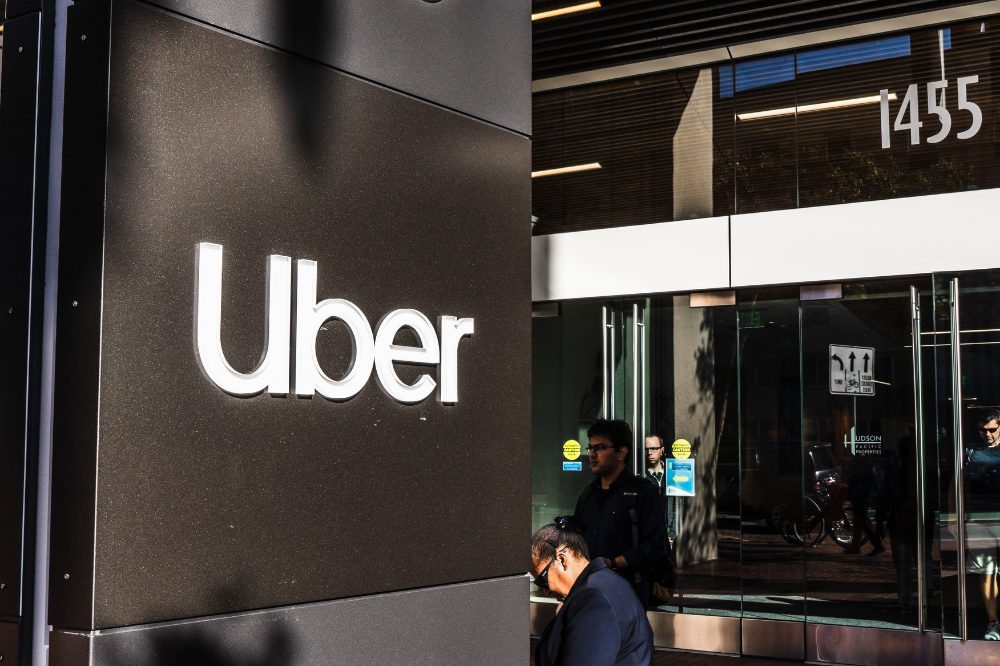Sharing platform company urges provinces to change labour laws for app-based companies to offer perks

Uber has urged provincial governments in Canada to make regulatory changes that would compel it and other app-based companies to give benefits and safety protections to gig workers.
Under a pitch called Flexible Work+, the tech-platform giant said it wants provinces to require that app-based gig employers accrue benefit funds for workers and provide safety tools and training, without taking away the flexibility of their work arrangements by declaring them traditional employees, reported the Canadian Press.
“Our view is our current employment system is outdated, unfair and somewhat inflexible and some workers get benefits and protections and others don’t,” Andrew MacDonald, Uber’s senior vice-president of global rides and platform said to the Canadian Press. “We feel that COVID has exposed some of those fundamental flaws and think this is a good opportunity for change.”
The new proposal marks a substantial shift from its commitment to the independent contractor model, where drivers and couriers can pick up riders or orders as they choose but don’t receive health insurance, vacation time, or other perks that are linked to traditional employment.
If its proposal were to receive backing from provincial governments, Uber would offer its affiliate drivers and couriers in Canada access to funds that they can chose to spend on prescriptions, dental, or version care, as well as possibly RRSPs or tuition. The money that drivers and couriers receive could be allocated based on hours worked.
The company is reportedly advancing its Flexible Work+ model because of an October survey of 670 Canadian drivers and couriers, which found 85% could not continue driving or delivering if they didn’t have flexible work arrangements.
Among those surveyed, 29% strongly preferred and 30% somewhat preferred to be an independent contractor. On the other hand, 15% strongly preferred and 20% somewhat preferred the traditional employee model.
“We really think there is a way to have the best of both worlds here,” MacDonald said.
When asked for their opinion on Flexible Work+, 65% of drivers and couriers favoured the alternative model, roughly 16% still liked the current independent contractor model, and 18% wanted to be considered employees with benefits.
“Uber has led but we’re by no means the only player in the space and many of our drivers and delivery people work on multiple platforms, so we really think it’s a good thing for the industry to come along,” MacDonald said.



